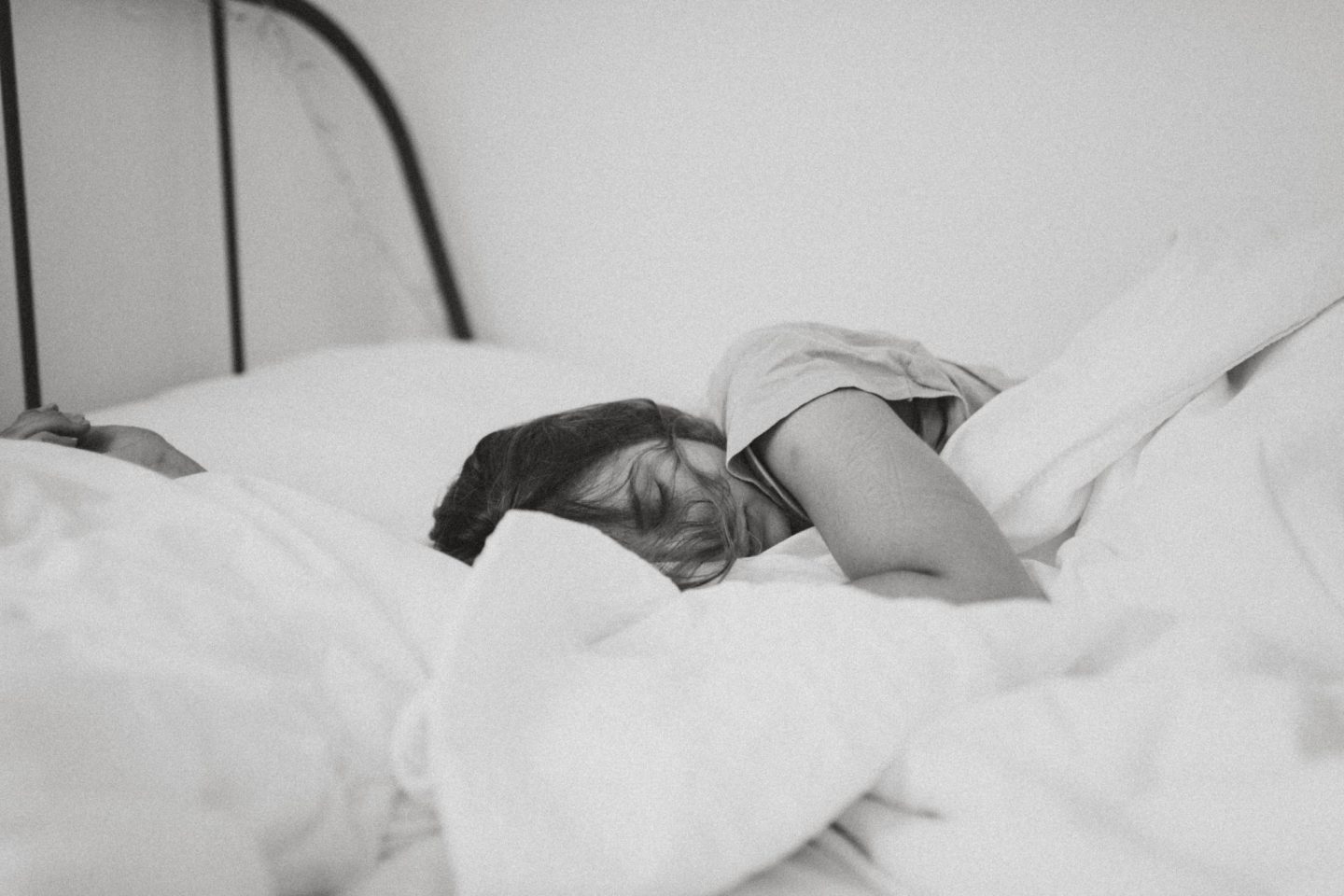What if I told you there is something you can do which enhances your cognitive function, improves your memory, reduces your stress levels, assists in weight loss, supports muscles growth, enables bodily repair and even reduces your risk of developing disease? Oh, and it’s free.
Sounds too good to be true right?
But it exists.
It’s sleep.

I personally believe sleep to be one of the most underrated elements of a healthy lifestyle. Everyone discusses food and fitness, but not many people touch on sleep.
After reading a book titled “Why We Sleep” my mind was blown and sleep was pushed much higher on my priority list. The effects of getting a minimum of 7 hours a night (ideally 8) have been huge, and I want to encourage you to focus on your sleep too. I hope that these top tips and tricks which I have implemented into my life can, in turn, be implemented in yours and assist you in optimising your sleep routine.
1. Make It A Priority.
This is the biggie. Instead of seeing sleep as something you can skip in favour of other pursuits – whether that is partying or Netflix – see it is a priority. Don’t say you will “catch up on the weekend” as your body doesn’t work that way, you cannot gain back the benefits of sleep you have lost. Instead, aim for 7-8 hours a night allowing yourself a sleep window of 8-9 hours which gives you time to drift off and wake up gently.
2. Sleep Scheduling.
Try to create a sleep routine – by this I mean getting up and going to sleep at the same time every day, even weekends. Your body loves this, as it allows it to know exactly when to release the right sleep hormones to help you drift off at night and wake up with ease.
3. Time Your Caffeine.
Caffeine is amazing and as a coffee lover myself, I am never going to insist you completely cut it our your life. However, it stays in your system for a long time and can reduce sleep quality, so I recommend limiting your caffeinated drink intake to the morning time. I personally don’t drink coffee after 11am unless the going gets seriously tough. I actually mostly drink my coffee around 7am, meaning it is totally out of my system by the time I go to sleep at night.
4. Clear Your Mind.
If you find your mind goes haywire the moment you lay in bed then I recommend popping a notepad on your bedside table. You can use this to plan out your to-do list before you sleep, getting those stressful thoughts out of your mind and allowing you to rest easier.
5. Less Screen Time.
This one is a given. The blue light given out by screens such as those on your phone can reduce the production of the hormone melatonin which tells your body it is time to relax. In essence, allowing yourself screen access up until the moment you sleep can trick your body into thinking it’s day time. To combat this I recommend trying to avoid using screens for at least 30 minutes before bed. If you cannot avoid using your phone, try blue light blocking glasses or using “night mode” settings which reduces the blue light levels.
Related to this, I also recommend avoiding waking up and immediately exposing yourself to blue light. Instead, try and get outdoors and access natural light in the mornings. Again, this helps regulate your sleep hormones.
6. Pre-Sleep Snacking.
It is best to avoid guzzling glasses of water just before bed, as this sets you up for a midnight trip to the toilet. It is also recommended that you try to eat at least an hour or so before you go to bed as this allows your food to digest before you lie down for the night.
7. When To Workout.
If you’re doing an intense or highly stimulating workout, such as HIIT, it is best to avoid doing this too late into the evening as it stimulates your body just before bed. Try to complete your workouts at least 3 hours before you go to sleep to make it easier to drift off.
8. Optimise Your Environment.
Sleep is made so much easier when your body is in a familiar and “sleep-friendly” environment. Ensure you have a comfortable bed, blackout blinds (or an eye mask) and even earplugs if needed. Try to optimise your body temperature, whether that’s having a snuggly duvet in winter or the window opened a crack in summer – comfort is key.
9. Waking Up.
Jolting your body out of deep sleep with a blaring alarm isn’t the most enjoyable experience. Instead, I recommend using a Lumie alarm clock which uses light and gentle sounds to guide you out of sleep softly.
If you want to learn more about sleep I recommend Matthew Walker’s book Why We Sleep and the podcast interviews he has done.
Zanna x

